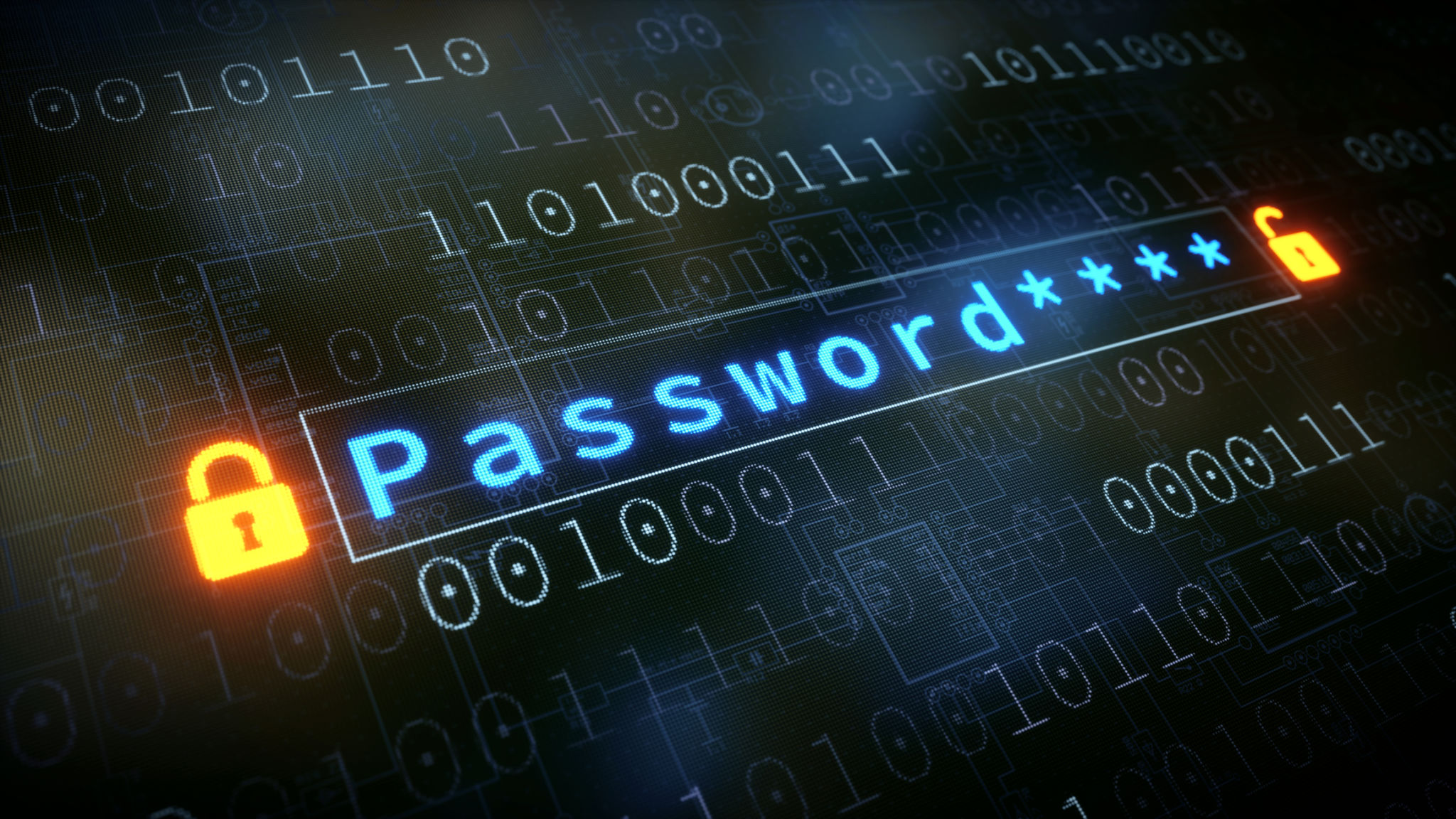Cybersecurity Tips During the Holiday Season: How to Stay Safe
Understanding the Risks
The holiday season is a time for joy, celebration, and unfortunately, an increase in cyber threats. As people engage in online shopping and share more personal information, cybercriminals see a prime opportunity to exploit vulnerabilities. Understanding the risks can help you stay one step ahead and protect your personal data.
During this time, phishing scams, fake websites, and malware attacks are on the rise. Cybercriminals often disguise themselves as legitimate retailers or charity organizations to trick individuals into providing sensitive information. It's crucial to be vigilant and recognize these threats to prevent becoming a victim.

Secure Your Devices
One of the simplest yet most effective ways to enhance your cybersecurity is by securing your devices. Start by ensuring that all your devices have the latest software updates and security patches. These updates often contain fixes for vulnerabilities that cybercriminals can exploit.
Additionally, enable two-factor authentication (2FA) on your accounts whenever possible. This extra layer of security makes it more difficult for hackers to gain access, as they would need a second form of verification in addition to your password.

Be Cautious with Public Wi-Fi
While holiday shopping might take you to various locations, be cautious when using public Wi-Fi networks. These networks are often unsecured, making it easy for cybercriminals to intercept your data. Avoid accessing sensitive accounts or conducting financial transactions on public Wi-Fi.
If you must use public Wi-Fi, consider using a Virtual Private Network (VPN). A VPN encrypts your internet traffic, making it more difficult for hackers to access your information. This is especially important when traveling or shopping from a coffee shop or airport.
Recognize Phishing Attempts
Phishing attempts often increase during the holiday season, as scammers attempt to lure you with fake deals and promotions. Be wary of unsolicited emails or messages that ask for personal information or direct you to click on suspicious links.
Always verify the sender's email address and look for signs of phishing, such as poor grammar, urgent requests, or unfamiliar URLs. When in doubt, visit the retailer's website directly by typing the URL into your browser rather than clicking on a link from an email.

Shop Smart Online
When it comes to online shopping, sticking to reputable websites is key. Look for HTTPS in the URL, which indicates a secure connection. Additionally, read reviews and check for any red flags before making a purchase from a new retailer.
Use credit cards instead of debit cards for online purchases. Credit cards often offer better fraud protection, and it's easier to dispute charges if needed. Monitor your statements regularly to catch any unauthorized transactions early.
Create Strong Passwords
Your passwords are your first line of defense against cyber threats. Create unique, strong passwords for each of your accounts and avoid using easily guessed information such as birthdays or pet names. Consider using a password manager to keep track of your passwords securely.
A good password is at least 12 characters long and includes a mix of letters, numbers, and symbols. Regularly update your passwords and avoid reusing them across multiple sites.

Stay Informed and Educated
Finally, staying informed about the latest cybersecurity trends and threats can help you remain vigilant. Follow reliable sources for alerts on new scams and security recommendations. Education is a powerful tool in preventing cybercrime.
Consider sharing these tips with friends and family to ensure that everyone enjoys a safe and secure holiday season. The more informed we are, the better protected we will be against cyber threats.